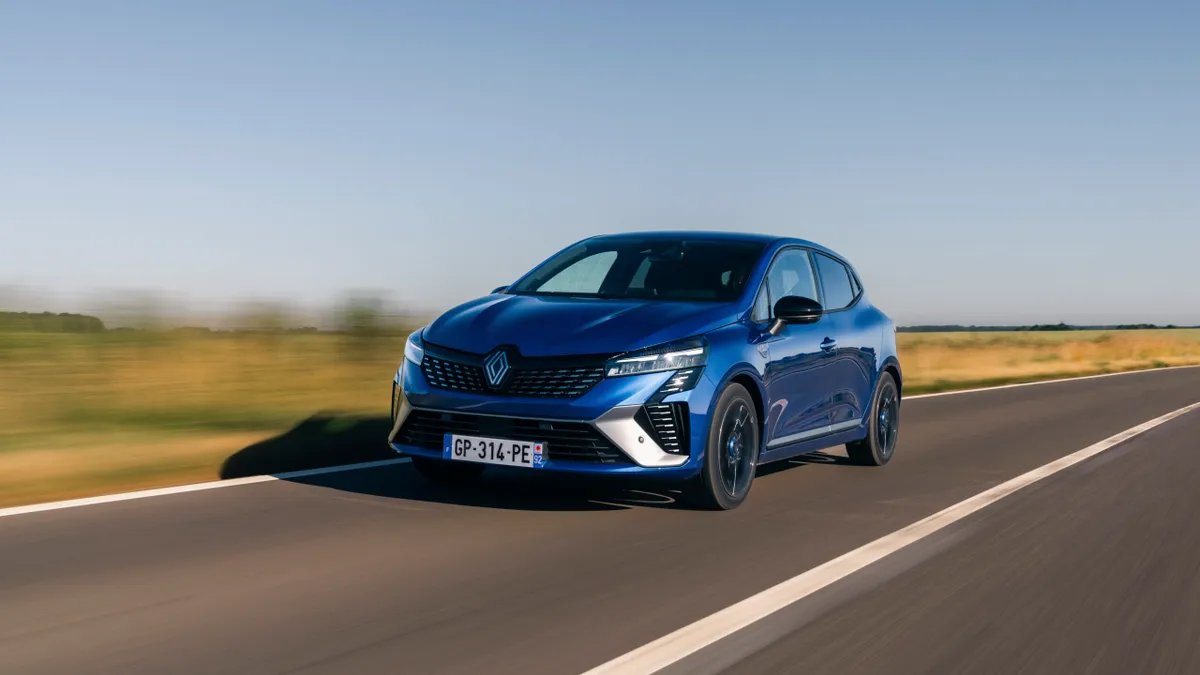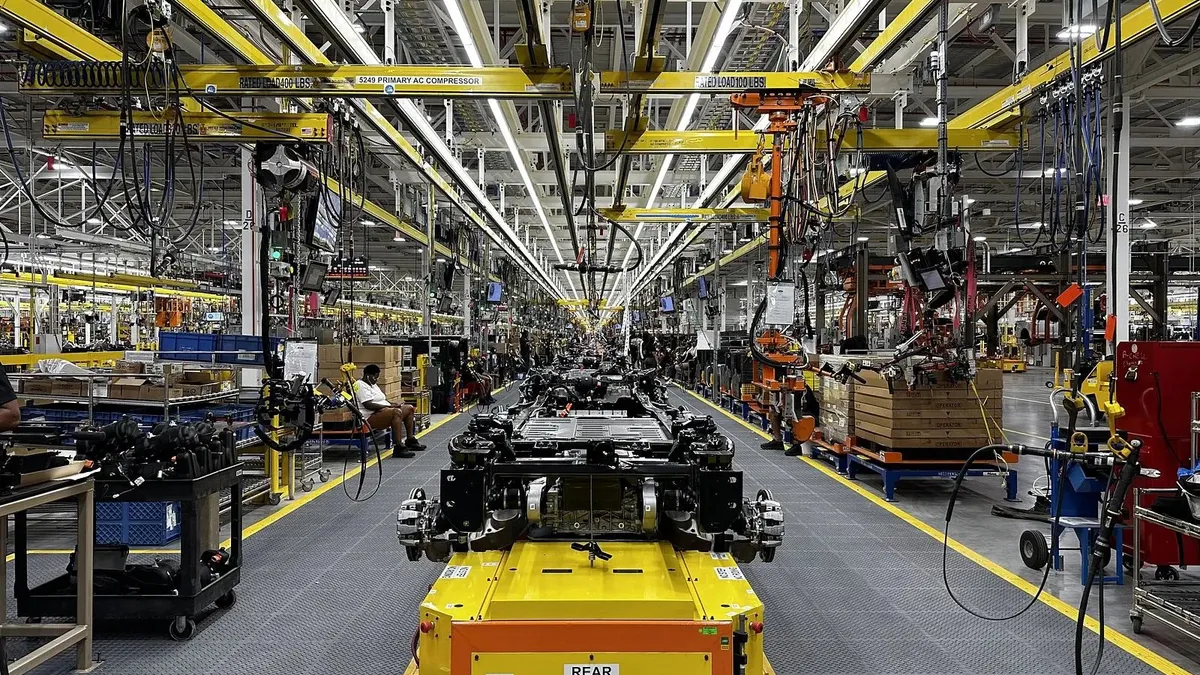Dive Brief:
- Renault Group and Geely have signed a joint venture agreement to develop powertrain solutions for passenger vehicles, including transmissions and ultra-low emissions hybrid and internal combustion engines, to meet growing worldwide demand, the companies said Monday.
- The new company will employ around 19,000 people across 17 engine production plants and five research and development centers, supplying next-generation powertrains to multiple automotive brands.
- The joint effort will supply Volvo Cars, Geely, Renault Group, Nissan, Mitsubishi and Proton with powertrains for up to 80% of the global ICE and hybrid market.
Dive Insight:
The joint venture could help automakers reduce tailpipe emissions amid an industry-wide transition toward electric vehicles. Developing ultra-low emissions hybrid technology is a viable short-term solution for automakers to help meet the European Union’s climate goals and emission targets as they prepare to launch more fully-electric models.
In the future, the joint venture will offer its powertrain technologies to third parties. Geely and Renault will also seek industry partners to bolster the value chain.
“We are pleased to be embarking on this journey to become a global leader in hybrid technologies, providing low-emission solutions for automakers around the world,” Geely Chair Eric Li said in a statement.
As part of a letter of intent signed in March, Saudi Arabia-based petroleum company Aramco is evaluating whether to invest in the joint venture. Aramco will also research and develop cleaner burning synthetic fuels, including e-fuels, and hydrogen, to help decarbonize existing ICE vehicles.
Toyota, for example, plans to offer a range of lower-emission hybrid vehicles in North America to reduce CO2 emissions as much as possible until there is enough charging infrastructure to support the widespread adoption of fully-electric vehicles.
In addition, newly enacted CO2 standards by the European Commission require that automakers reduce average emissions of new cars by 55% — compared with 2021 levels —by 2030.
The goal is part of an October 2022 agreement ensuring that all new passenger cars and vans registered in Europe will be zero-emission by 2035.














